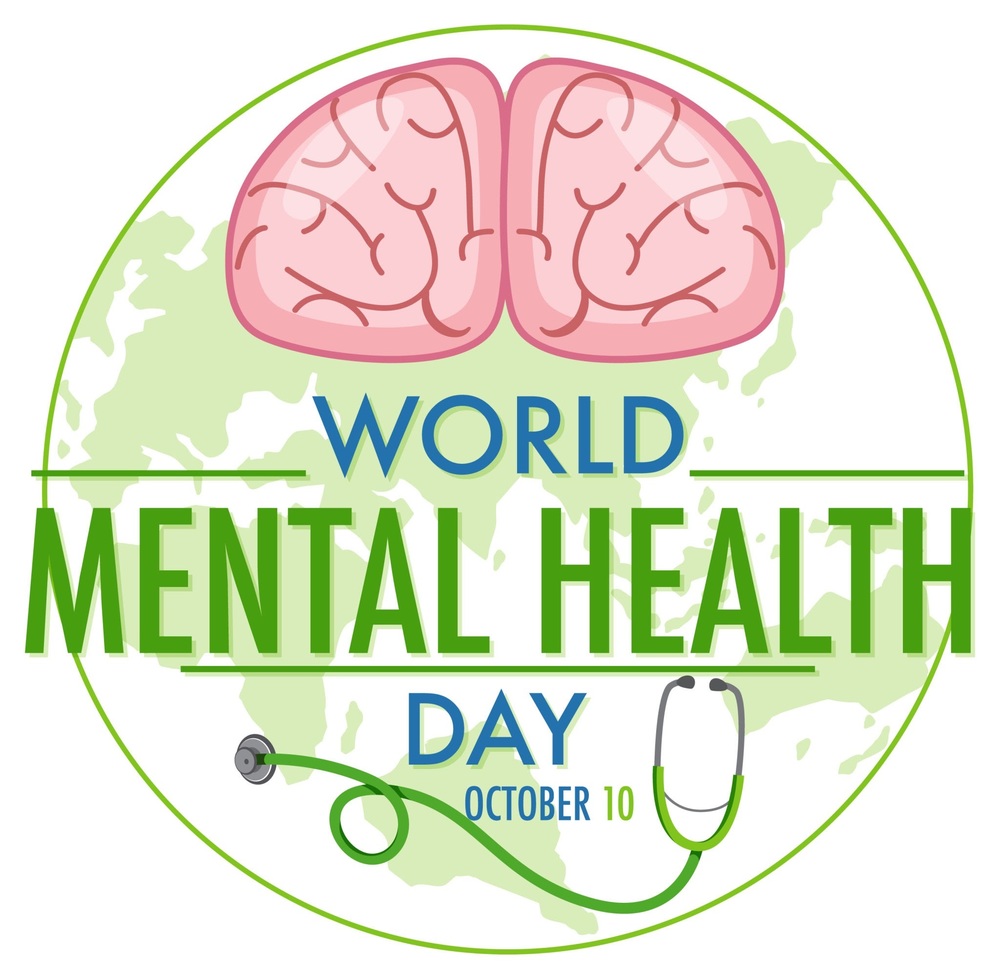World Mental Health Day, Oct. 10, shines a spotlight on the importance of mental wellbeing. It’s a moment to raise awareness, challenge stigma and advocate for stronger policies and services to support mental health for all. The day also invites us to share inspiring stories, practical resources and hope. It reminds us all that mental health is just as vital as physical health. Around the world, individuals and organizations recognize the observance through events, campaigns and conversations that foster connection, understanding and united action.
Ways to Support Mental Health (for Others & the Community)
1. Listen Without Judgment
When someone opens up, focus on listening to understand, not to fix.
Use phrases like:
“That sounds really hard.”
“Thank you for sharing that with me.”
“You’re not alone.”
2. Check In Regularly
Simple messages like “Hey, how have you been really feeling lately?” can make a big difference.
Normalize honest answers — not just “I’m fine.”
3. Normalize Conversations About Mental Health
Talk about mental well-being the same way you would about physical health.
Share your own coping strategies to model openness.
4. Be Aware of Signs of Struggle
Notice changes in mood, energy, or behavior in others.
Reach out gently, and if needed, help connect them to a counselor, hotline, or support service.
5. Encourage Professional Help
Remind others that seeing a therapist or counselor is a sign of strength, not weakness.
Share accessible resources (like 988 Suicide & Crisis Lifeline in the U.S.).
6. Build a Supportive Environment
Create spaces (at home, school, or work) that feel safe and inclusive.
Promote kindness, patience, and flexibility.
7. Advocate for Mental Health Resources
Support policies or programs that provide access to counseling, mental health education, and wellness days.
Encourage leadership to invest in well-being initiatives.
Ways to Practice Mental Health (for Yourself)
1. Create Daily Mindfulness Moments
Try deep breathing, meditation, or simply pausing for one minute of stillness.
Even 3 mindful breaths can calm your body’s stress response.
2. Move Your Body
Exercise releases endorphins and reduces anxiety.
Walk, stretch, dance, or do yoga — choose what feels enjoyable.
3. Prioritize Rest and Sleep
Aim for 7–9 hours per night.
Keep a calm bedtime routine (no screens, soft lighting, gratitude journaling).
4. Practice Gratitude
Write down 3 things you’re thankful for each day.
Focus on small, positive moments.
5. Set Healthy Boundaries
Learn to say no when you need to.
Protect your time and energy without guilt.
6. Connect with Others
Strong social connections buffer against stress.
Make time for friends, family, and laughter.
7. Limit Comparison and Screen Time
Unfollow accounts that make you feel drained or inadequate.
Take intentional screen breaks.
8. Do Things You Enjoy
Hobbies, creativity, and time in nature recharge your mental health.
Schedule them intentionally — not just “when you have time.”
9. Be Kind to Yourself
Replace self-criticism with self-compassion.
Talk to yourself like you would to a close friend.
10. Ask for Help When You Need It
Everyone struggles sometimes.
Reaching out to a friend, mentor, or counselor is a courageous act.

